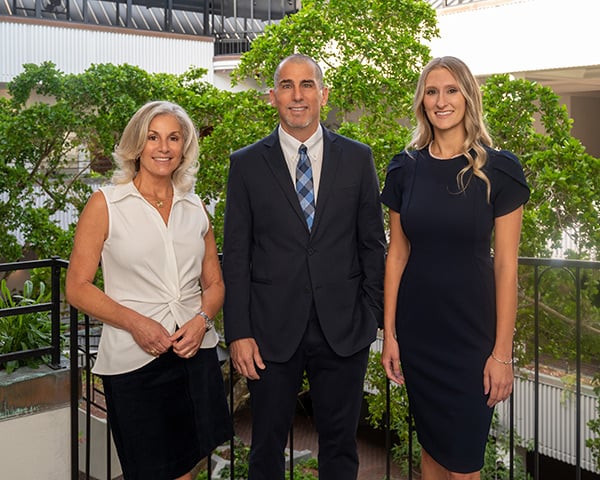Who Represents You At Closing?
Know before you sign
By Lauren P. Kohl, Esq.
Attorney at law
A home purchase is often the single most expensive purchase that a person makes in his or her lifetime. The repercussions from making a bad deal are plenty and include, among other consequences: losing a deposit, over-paying, inheriting a title or survey defect, incurring costly repair bills, and accepting irregular mortgage terms. One way to avoid these pitfalls is to hire an attorney to conduct your closing. Most attorneys in the Sarasota area will not add an attorney fee to the customary Closing/Title costs charged in a routine transaction.
Many real estate offices have affiliated in-house title companies and the Realtors who work there are incentivized to direct a portion of their closings to these affiliates. It is important to note that a title company represents neither the buyer or seller in a transaction. A title company issues the title policies and prepares the settlement documents according to the terms of the contract only. The employee of a title company cannot review a contract, prepare an addendum thereto, or explain the terms therein on behalf of a buyer or seller. Only an attorney may make recommendations for the benefit of their client.
This is significantly important as the duties of a real estate licensee in Florida have changed over the past few decades. Historically, both real estate brokers in a transaction represented the seller only. They were single agents with full fiduciary responsibilities to the seller only. In the 1980s, buyers started to demand representation from brokers. At that time a broker had to present an Agency Disclosure Notice to the parties at first contact. This acted to put a buyer or seller on notice of who was or was not acting in their best interest.
As time went on, Florida experimented with dual agency and no brokerage relationship so that the broker could be representing the buyer, seller, both, or neither. Regardless, a disclosure was required but often overlooked by a buyer or seller as the bundle of papers required grew and the pressure to sign quickly in a hot market intensified.
Presently, the only authorized brokerage relationships in Florida are single agents, transaction broker, and no brokerage relationship. It is legally presumed that all licensees are operating as transaction brokers unless a disclosure to the contrary is made in writing. The duties of a transaction broker include:
- Dealing honestly and fairly
- Accounting for all funds
- Using skill, care, and diligence in the transaction
- Disclosing all known facts materially affecting the value of residential property that are not readily observable to the buyer.
- Presenting all offers and counter offers in a timely manner, unless a party has previously directed the licensee otherwise in writing
- Limited confidentiality, unless otherwise waived in writing by a party. The transaction broker may not reveal to the other party information regarding the motivation of either party or that the seller might accept less or that the buyer may pay more
The duties of a single agent include all of the above plus:
- Loyalty
- Total confidentiality
- Obedience
- Full disclosure
Broker relationships differ from state to state and a new comer to Florida should not assume that their Broker solely represents them during the transaction. The sure way for a buyer or seller of real estate in the state of Florida to be fully represented throughout their transaction is to hire a lawyer to conduct the closing and issue the title insurance . We welcome your call to discuss our representation and the costs associated therewith. Play it safe and hire an attorney.

